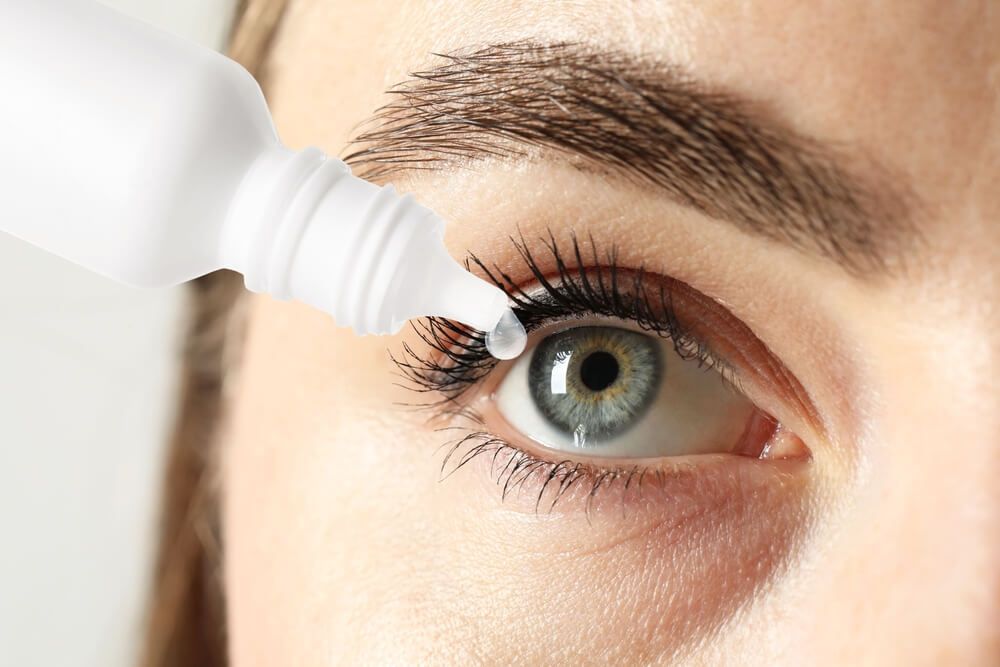Allergies are an annoying part of life for more than 50 million Americans – many of whom live right here in our neighborhood. Though allergens can trigger symptoms in many different areas of the body, the sensitive membranes of the eyes are especially vulnerable to irritation. Though the allergens themselves are harmless, the body’s immune system considers them a threat and begins to resist them. The result is puffy, red and watery eyes that may itch and even hurt.
Did you know…
that an estimated 30 percent of U.S. adults and 40 percent of children have seasonal allergies? Many of those individuals experience eye irritation caused by pollen or mold spores. However, non-seasonal allergens, such as pet dander and dust mites, can also trigger eye irritation.
Frequently Asked Questions
How do I know if my eye irritation is caused by allergies?
Red and irritated eyes are often caused by allergies, especially if they are associated with other allergy-related symptoms like sneezing. Your symptoms are likely caused by allergies if you notice they are temporary, follow a specific pattern or if you find relief after taking anti-histamines. You should still schedule an appointment with your optometrist to ensure your symptoms are not caused by an eye infection or other serious condition that could affect your eyesight.
Do I need treatment for eye allergies?
You may need eye allergy treatment watery eyes are causing blurry vision or affecting your quality of life on a day-to-day basis. If over-the-counter remedies like saline drops are not effective in relieving your symptoms, your optometrist may recommend prescription strength eye drops or oral medications.
Is there anything I can do to help prevent allergies from affecting my eyes?
You may not be able to cure your allergies, but there are steps you can take to help prevent symptoms from getting out of hand. During seasons when pollen or mold levels are high, try to stay indoors as much as possible. If you wear contact lenses, be sure to rinse them and your contact case daily to prevent airborne allergens from contaminating them.

